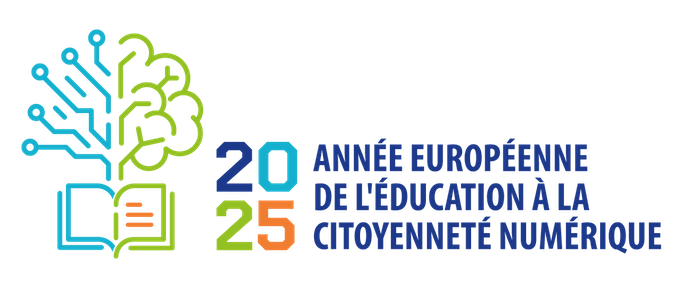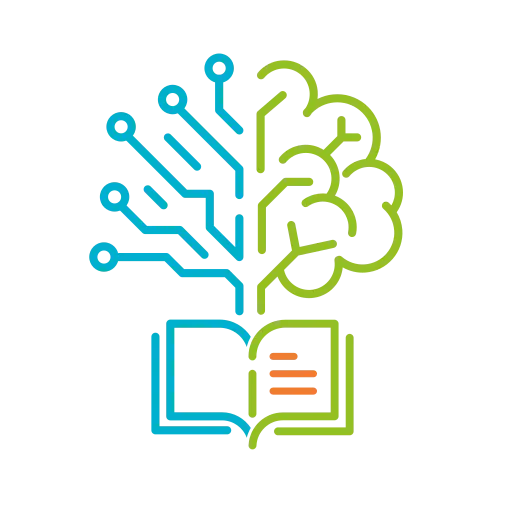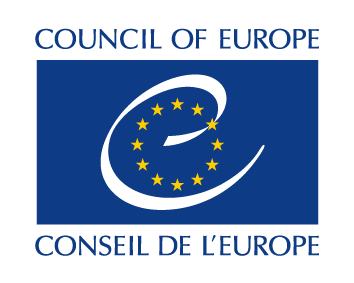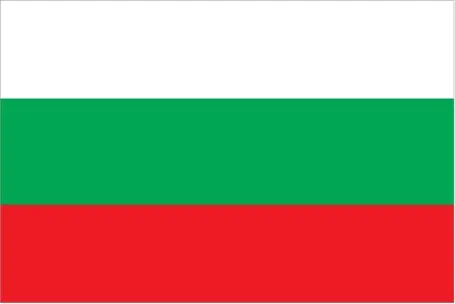Bulgaria has adopted several strategic initiatives and policies since 2017 that align with the principles of the Council of Europe’s DCE Recommendation, even if the Recommendation itself is not explicitly referenced. These efforts reflect the country’s commitment to fostering digital citizenship education through digital skill development, online safety measures, and integration of digital competencies into education systems.
- The Digital Bulgaria 2025 National Programme outlines key priorities such as enhancing digital competencies among teachers and students, protecting children’s rights online, and broadening access to digital services. The program integrates principles like safeguarding against harmful online activities and promoting inclusive digital participation, aligning with broader European and international frameworks for fostering a secure and equitable digital society.
- The Concept for the Development of Artificial Intelligence in Bulgaria until 2030, developed by the Bulgarian Academy of Sciences (BAS), reflects Bulgaria’s intention to embrace technological advancements within the educational sphere. This concept includes provisions for equipping students and teachers with AI-related digital skills, ensuring ethical implementation of AI tools, and incorporating these technologies into the learning process to foster innovation and digital literacy.
- The National Education Development Programme: Bulgaria 2030 emphasizes modernising the national education system by integrating digital technologies into teaching and learning practices. It focuses on building a foundation for active citizenship, which encompasses fostering critical thinking, creativity, and an understanding of democratic values. Digital education is considered essential for preparing Bulgaria’s citizens for active participation in both the digital and real-world environments.
- Additional measures, such as the Toolkit for Training and Assessment of Digital Skills (2023), have been introduced to promote lifelong learning in digital competencies. The toolkit, designed in alignment with the European Digital Competence Framework (DigComp 2.1), provides structured resources for training 660,000 individuals in digital skills by 2027, including online certification opportunities and resources for self-paced learning.
- The National Virtual E-Learning Platform, set for completion by mid-2026, is designed to facilitate remote learning for individuals aged 16 and above. This platform is especially focused on providing flexible opportunities for disadvantaged groups, such as persons with disabilities or those with low education levels. The initiative is supported by the establishment of 760 digital clubs that offer free access to internet and computers, along with mentorship services.
- Collectively, these policies reflect Bulgaria’s strategic efforts to align its digital and educational frameworks with principles of digital citizenship, inclusivity, and equitable education.
Sources
- Original https://www.mtc.government.bg/sites/default/files/uploads/it/09-12-2019_programa_-cifrova_bulgariya_2025.pdf
Info in English on the website https://www.mtc.government.bg/en/category/85/national-program-digital-bulgaria-2025-and-road-map-its-implementation-are-adopted-cm-decision-no73005-12-2019 - https://www.mtc.government.bg/sites/default/files/conceptforthedevelopmentofaiinbulgariauntil2030.pdf
- https://www.minfin.bg/en/1394
- Online survey with national authorities
- Online survey with national authorities



